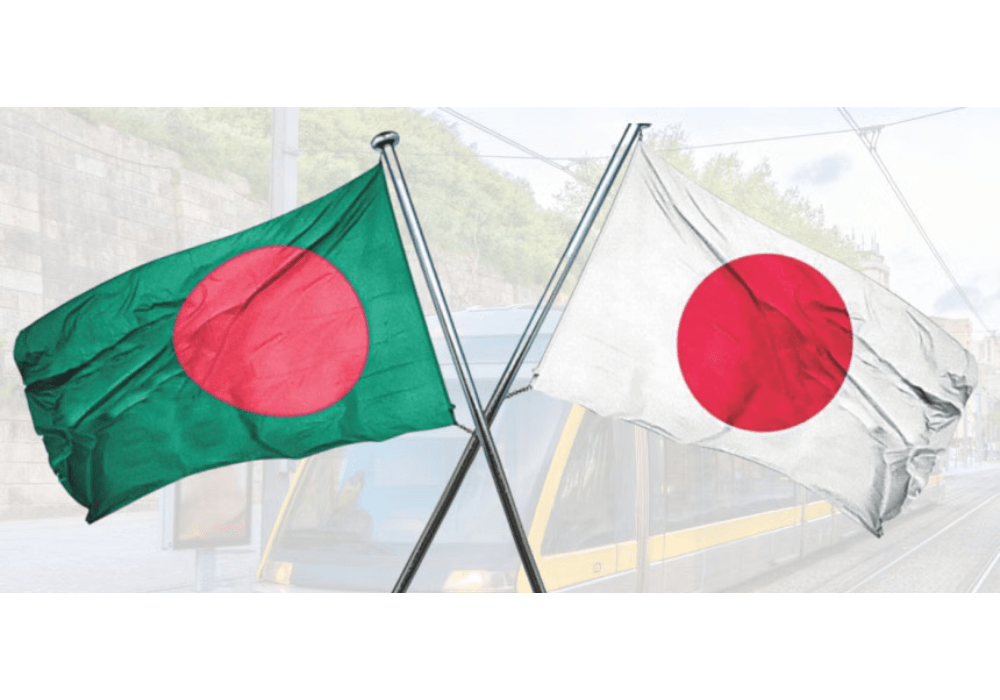Japanese companies are expanding their footprint in Bangladesh, driven by the country’s growing consumer base and competitive labour market. From toothpaste and food to toys and cosmetics, brands like Lion, Kewpie, and Miniso are investing more to meet local demand rather than focusing solely on exports.
Read More: Bangladesh Gears Up to Tap South Asia’s $37 Billion Logistics Boom
According to the Japan External Trade Organisation (Jetro), around 330 Japanese companies now operate in Bangladesh, and nearly 58 percent plan to expand further. Lion Corporation, in partnership with Kallol Group, is setting up a new factory to produce dishwashing soap and toothpaste, while Kewpie and Miniso continue to strengthen their local presence.
Experts say low labour costs, skilled manpower, and a large domestic market make Bangladesh an attractive destination for Japanese investors. The Japan-Bangladesh Chamber of Commerce and Industry (JBCCI) recently led a 25-member delegation to Japan, where strong interest was expressed in new investments.
The upcoming Japan Economic Zone in Araihazar and the proposed Economic Partnership Agreement (EPA) between Dhaka and Tokyo are expected to accelerate this growth. However, investors also highlighted the need to resolve bureaucratic delays and ensure political stability to maintain investor confidence.
Read More: When Virality Outshines Value: The Salt Bae Case
Bangladesh’s exports to Japan have already crossed nearly $2 billion, largely from garments enjoying zero-tariff access. The government aims to retain this privilege through the upcoming EPA after the country’s graduation from Least Developed Country status next year.


